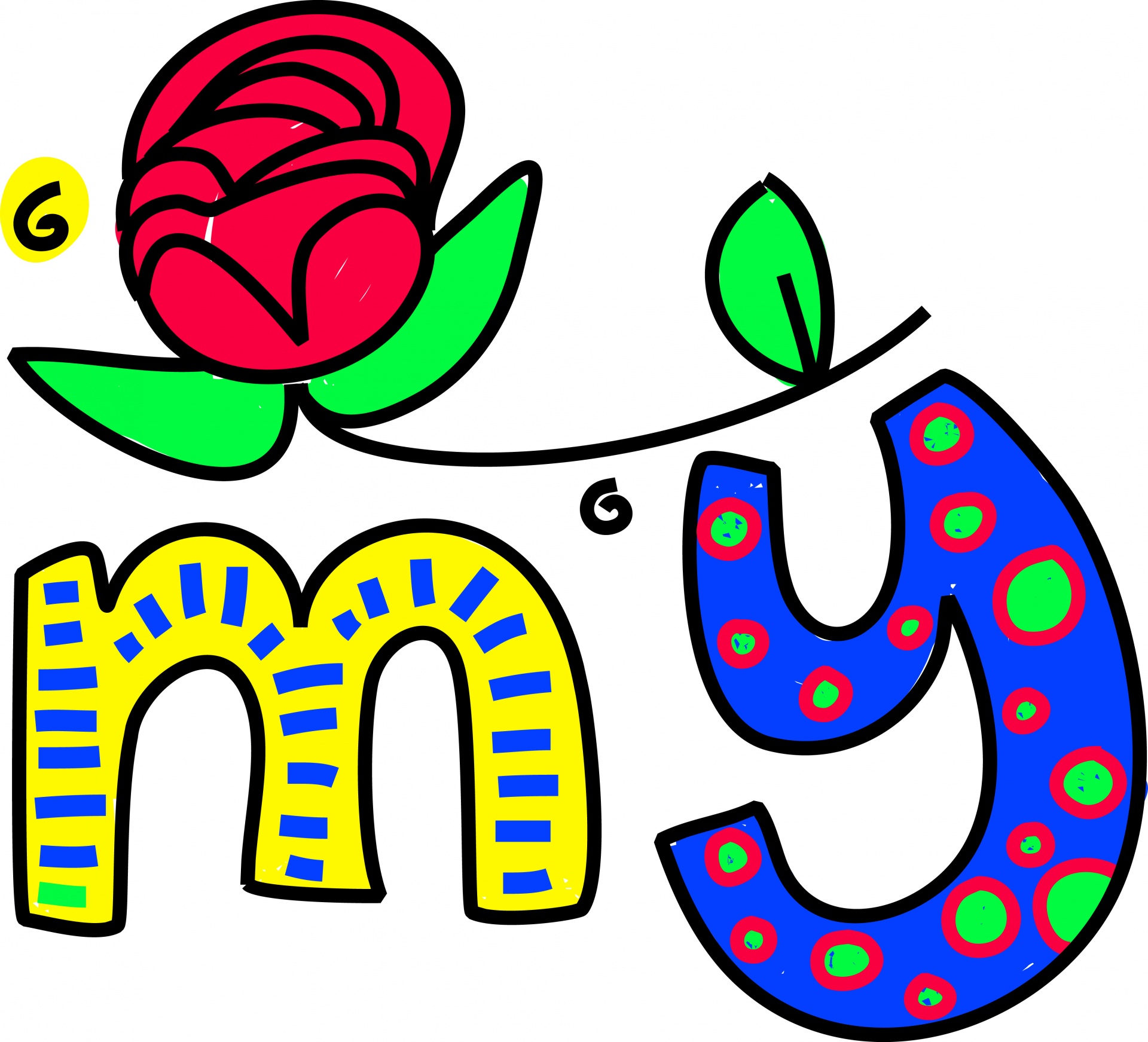"My" is a simple yet powerful word that holds significant meaning in the English language. It is a possessive adjective used to indicate ownership or association, making it an essential part of daily communication. The use of "my" transcends mere grammar rules; it encapsulates personal identity and relationships. In this article, we will explore the various aspects of the word "my," its grammatical functions, cultural implications, and how it shapes our interactions.
In our exploration of "my," we will delve into its usage in different contexts, its relevance in expressing emotions, and its role in literature and art. By understanding the nuances of this word, we can enhance our communication skills and appreciate its impact on language and society. This guide aims to provide a thorough understanding of "my," ensuring that readers walk away with a deeper appreciation for this seemingly simple yet profound term.
Whether you're a language enthusiast, a student, or simply curious about the intricacies of English vocabulary, this article will serve as a valuable resource. Let's embark on this journey to uncover the significance and versatility of the word "my."
Table of Contents
- Definition of "My"
- Usage of "My" in Sentences
- Cultural Significance of "My"
- Emotional Aspects of "My"
- Literary Examples of "My"
- Grammatical Role of "My"
- Common Mistakes Using "My"
- Conclusion
Definition of "My"
The word "my" is a possessive adjective that indicates ownership or association with the speaker. It is used to refer to something that belongs to or is associated with the person speaking. For example, in the sentence "This is my book," "my" shows that the book belongs to the speaker.
Grammatical Function
In English grammar, "my" functions as a possessive determiner. It precedes a noun to modify it, indicating possession. This grammatical role is crucial in constructing clear and meaningful sentences.
Usage of "My" in Sentences
Understanding how to use "my" effectively can enhance communication. Here are some examples:
- "My friend is coming over for dinner."
- "I forgot my keys at home."
- "This is my favorite song."
Cultural Significance of "My"
The word "my" carries cultural weight as it often reflects personal identity and belonging. In many cultures, the concept of ownership extends beyond physical possessions to include relationships, values, and beliefs.
Expressions of Identity
In various contexts, "my" can denote a sense of belonging. For example:
- "My heritage is important to me."
- "My family plays a significant role in my life."
Emotional Aspects of "My"
Using "my" in language can evoke strong emotions. It often signifies attachment and intimacy. When someone refers to something as "my," it implies a personal connection.
Examples of Emotional Connections
Consider the following examples where "my" conveys emotional depth:
- "My childhood memories are precious."
- "I cherish my friendships deeply."
Literary Examples of "My"
The word "my" appears in numerous literary works, often highlighting themes of personal identity and belonging. Here are a few notable examples:
- In Shakespeare's plays, characters often express their feelings of love and attachment using "my."
- In poetry, "my" frequently conveys personal emotions and reflections.
Grammatical Role of "My"
As a possessive adjective, "my" modifies nouns and shows possession. It is essential to distinguish it from other possessive forms, such as "mine," which stands alone.
Comparison with Other Possessive Forms
Here’s a quick comparison:
- "My car is red." (possessive adjective)
- "That car is mine." (possessive pronoun)
Common Mistakes Using "My"
While "my" is straightforward, common mistakes can occur, such as confusing it with "I" or "me." Here are a few examples to avoid:
- Incorrect: "Me and my friend went to the store."
- Correct: "My friend and I went to the store."
Conclusion
In summary, the word "my" is a fundamental part of the English language, representing ownership and personal connection. Through its various uses, we see how it shapes our identity and relationships. By understanding its significance, we can communicate more effectively and express our feelings with clarity.
We encourage you to reflect on how you use "my" in your life. Share your thoughts in the comments below, and don't forget to explore more articles on language and communication!
Thank you for reading! We hope you found this article insightful, and we look forward to seeing you again soon.


